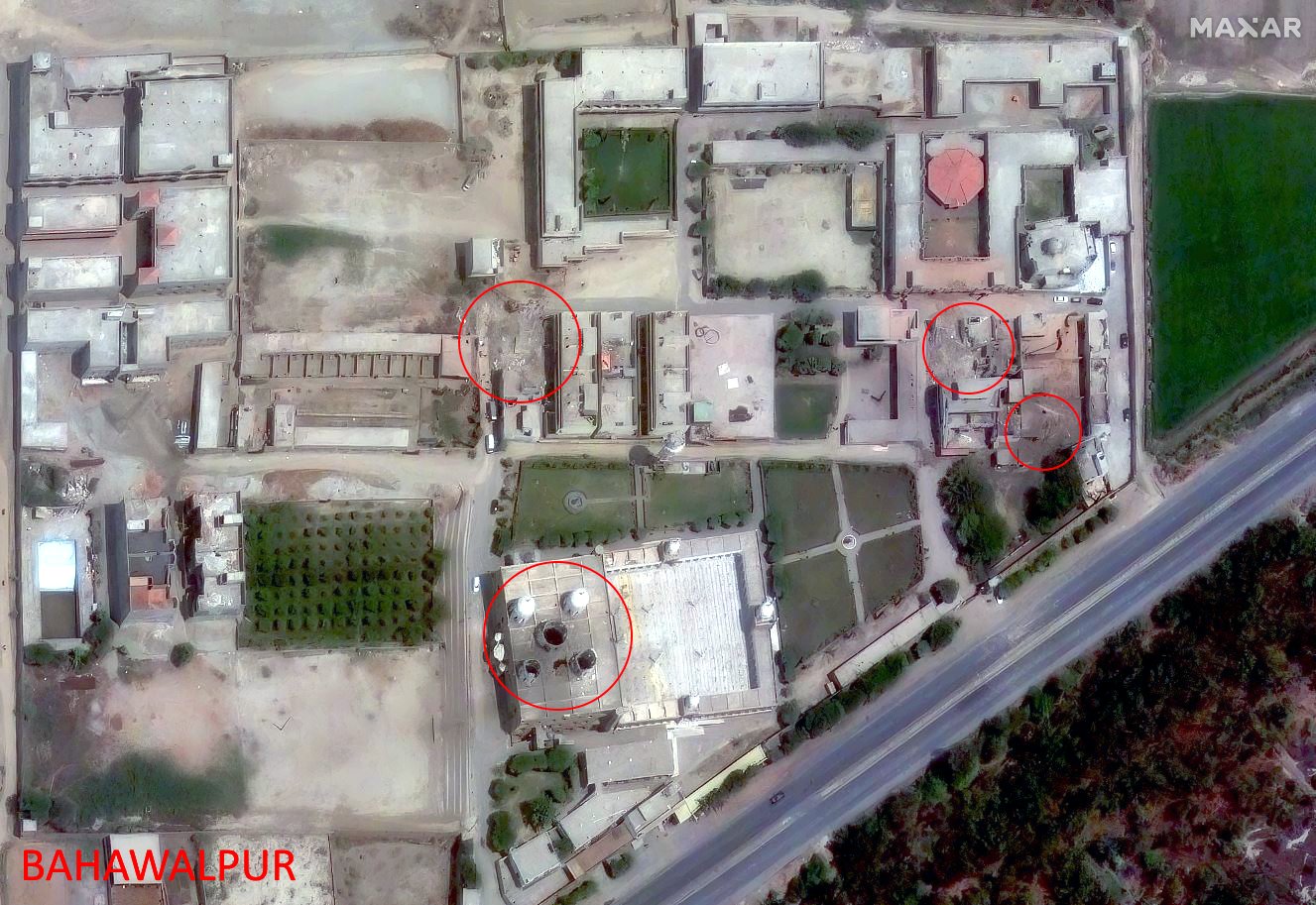Dear Express reader, Foreign policy was on Page One throughout the week as Prime Minister Narendra Modi visited Washington to address the United Nation General Assembly in New York and attend the first in-person meeting of Quad leaders. The Opinion section ran a series of perceptive pieces on the changes unfolding, and its import for India. The AUKUS, a security alliance involving the US, UK and Australia announced on September 15, made waves beyond the Indo-Pacific, where many analysts expect it to be a game-changer, and influenced discussions on India’s Quad engagement. Former chief of naval staff Arun Prakash (‘Time for realpolitik’, September 21) cut through the clutter and asked New Delhi to approach AUKUS with caution. He wrote that the announcement of formation of AUKUS just ahead of the Quad meeting in Washington, “places a question mark over the continuing relevance of this forum and its long overdue actualisation”. Though he left the question whether the Quad and AUKUS will reinforce each other, or remain mutually exclusive”, to be discussed after the Washington summit, the admiral cautioned against the “hyperbole, obscuring reality” in the India-US bilateral discourse and flagged Washington’s preferential treatment of Canberra in technology transfers. In contrast, “all that India has to show for its ‘strategic partnership’, is approximately $22 billion worth of military hardware purchased from US companies — a distinctively retrograde step when we seek atmanirbharta and freedom from external reliance”. However, he wrote, “For India to attain its full potential, it will need insurance against hegemony, and a breathing space to restore its economy to its earlier buoyant trajectory. This respite will enable it to catch up with technology and boost its military muscle.” Ambassador Rajiv Bhatia (‘Anchoring the Quad’, September 23) and Tanvi Madan, director of the India Project at the Brookings Institution in Washington DC (‘The perfect coalition for America’, September 23) wrote about the Quad summit and the issues and challenges at stake. Earlier in the week, C Raja Mohan (‘Feud among friends’, September 21) wrote about the changes unfolding in New Delhi’s diplomatic thinking, which now, unlike its past “obsession with the concept of non-alignment”, “takes a nuanced view of internal dynamics in the West, and recognises the political agency of individual states, and develops wide-ranging relationships with the Western nations”. Relations with Europe, particularly France, the UK, Australia, Japan, and the US have been renewed in view of India’s security and economic interests, he wrote. In the midst of the hectic diplomatic activity in New York, a SAARC foreign ministers’ meeting on the sidelines of the UN General Assembly was cancelled following Pakistan’s insistence that the Islamic Emirate of Afghanistan (IEA) must be allowed representation. The Express editorial (‘Af-Pak ambush’, September 23) read Islamabad’s move as “an attempt to pressgang SAARC to grant de facto legitimacy to the IEA”. The editorial concluded that “with the Taliban in Kabul, and Pakistan playing its local guardian, regional cooperation in South Asia is bound to remain a chimera”. Articles by Jehangir Aziz, Bhaskar Chakravorti, Ajay Shankar and Sushil Khanna had China in focus. Aziz (‘Welcome to China 3.0’, September 25) found Beijing’s response to the Evergrande crisis as a sign of a new China. The Chinese Community Party in 2017 adopted the “the tension between ‘unbalanced and inadequate development’ and the ‘people’s ever-growing need for a better life’” as the principal contradiction. This has led to slowing down of growth, tightening of regulations, and reigning in leverage. The policy shifts include “significant rebalancing of the growth drivers, including sectoral shifts, redistribution of income towards households, and away from corporates, and a rotation towards more services consumption”. These changes will impact and even reshape the global economy, of course. Chakravorti (‘The unicorn stampede’, September 24) wrote on the unicorn explosion in India, which is a result of changes in China. He was sceptical about the investor interest in this start-up story and wondered about its long-term sustainability. Shankar and Khanna (‘The strategic public sector’, September 25) drew a lesson from China’s growth story to make a claim for rebuilding a robust public sector in India. State-owned enterprises have been the vanguard of the Chinese surge in the global economy. However, India first neglected its PSUs and then set out to privatise them. The two authors argued that the privatisation programme that started in the 1990s has had a debilitating effect on New Delhi’s industrial capabilities. A correction is warranted if India wishes to stay in the global game. A K Rajan (‘The case against NEET’, September 23) and Sukanta Chaudhuri (‘The torment of aspiration’, September 24) drew attention to the controversy over NEET and JEE. Rajan, who headed the Tamil Nadu government panel that recommended withdrawing from NEET, pointed at the inherent contradiction of having a national entrance examination for medical college admissions in a country riven by regional, class, caste and other such inequalities. Chaudhuri located the crisis in a culture of competition rooted in an education system that privileges “professional courses” over other streams of learning. Unless this hierarchy of professions is dismantled and a more egalitarian view of education and professions is accepted by the society, the crisis is likely to continue. So would news of young boys and girls taking their lives after failing to crack NEET and JEE. Meanwhile, the Supreme Court said it will set up a panel of experts to look into the Pegasus issue. Orders are expected in the coming week. The government stonewalled debate on Pegasus in Parliament and told the court that it was a matter of national security, and hence, beyond the ambit of any public discussion. The court, clearly, has refused to buy this argument. The Express editorial (‘Court is watching’, Sept 24) welcomed the court’s move and said, “the court has rightly recognised that the likes of Pegasus pose a threat to core values of democracy as well as the autonomy and credibility of institutions and processes”. Thank you, Amrith | 
No comments:
Post a Comment